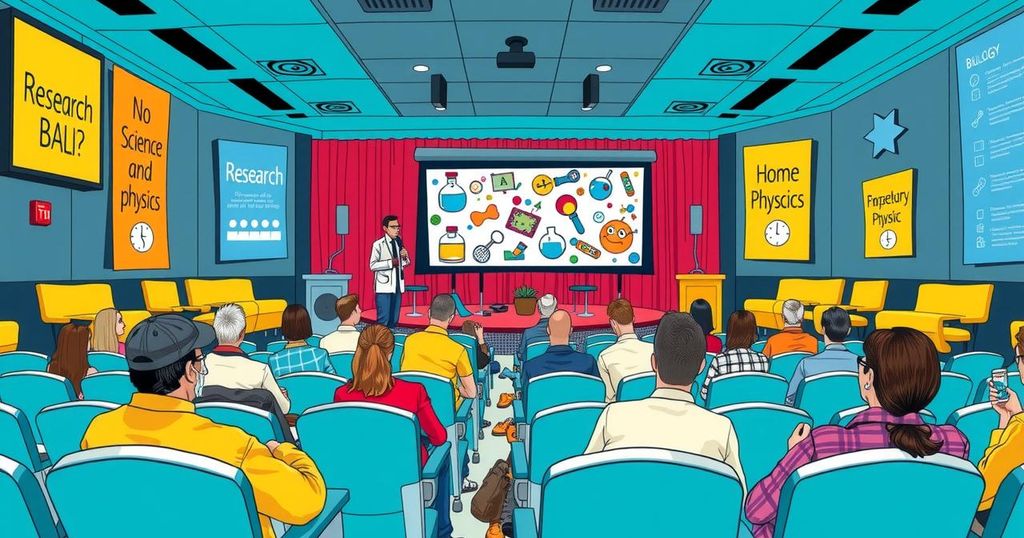Mammals May Breathe Through Anuses, Ig Nobel Prize Winners Show
- Japanese researchers discovered mammals can breathe through anuses.
- The Ig Nobel prize awards humorous yet thought-provoking studies.
- Ceremony featured Nobel laureates and lighthearted presentations.
- Other odd research included studies on old age claims and hair whorls.
- Experiments aimed to aid respiratory failure recovery amid pandemic.
Japanese researchers find mammals can breathe through rectum
Mammals’ Unlikely Breathing Method Earns Ig Nobel Prize In a rather unexpected twist in the world of scientific discovery, a team of Japanese researchers has been awarded an Ig Nobel prize for their bizarre yet intriguing finding: mammals can breathe through their anuses. This research, stemming from their experiments with various animals including mice, rats, and pigs, revealed that by delivering oxygen rectally, these creatures were able to absorb it into their bloodstream. This work isn’t just for show either — it sets the stage for a potential breakthrough in treating respiratory failures, particularly during a time when ventilators were in short supply due to the pandemic.
Ceremony highlights and unexpected moments
Recognition for Absurd Achievements The Ig Nobel awards, handed out each year, highlight projects that make people laugh but also provoke deeper thought. This year, the award ceremony took place at the Massachusetts Institute of Technology and drew real Nobel laureates to present the honors. Amongst the winners was Dr. Takanori Takebe from Cincinnati Children’s Hospital, who expressed a mix of feelings upon learning about their win. His hope? That this peculiar finding would spark interest in innovative treatments, especially for those suffering from significant breathing issues. Meanwhile, the night also featured quirky presentations, like the 24-second lectures where experts explained their work in just a handful of words — and, of course, paper planes were thrown for good measure!
Other unique discoveries awarded on the night
A Range of Weird and Wondrous Research Alongside the Japanese team, other awards were conferred to researchers in various fields. A prize went to Dr. Saul Newman from the University of Oxford for his work highlighting that many claims of extreme old age come from regions where actual lifespans are much shorter and often muddled with bureaucratic errors. The anatomy prize was snagged by Prof. Roman Khonsari, who with his team studied hair whorls around the globe, learning that hair spirals differently in different hemispheres. Interestingly enough, they likened their findings to tornado patterns influenced by Earth’s rotation, though Khonsari himself wasn’t entirely convinced about this theory. This diverse collection of research reminds us that even the most absurd studies can provide insights into broader scientific questions.
In summary, the Ig Nobel prize this year celebrated unconventional research that veers into the realm of the absurd yet clever, from mammals breathing through their anuses to insights into why some claims of extreme age may be misleading. It’s a reminder that often in science, the pursuit of knowledge can lead to the most unexpected and entertaining conclusions. The recognition of such quirky research at MIT rekindles a sense of joy and curiosity in the scientific community, sparking conversations that challenge conventional wisdom and encourage a mix of humor and thoughtfulness.




Post Comment